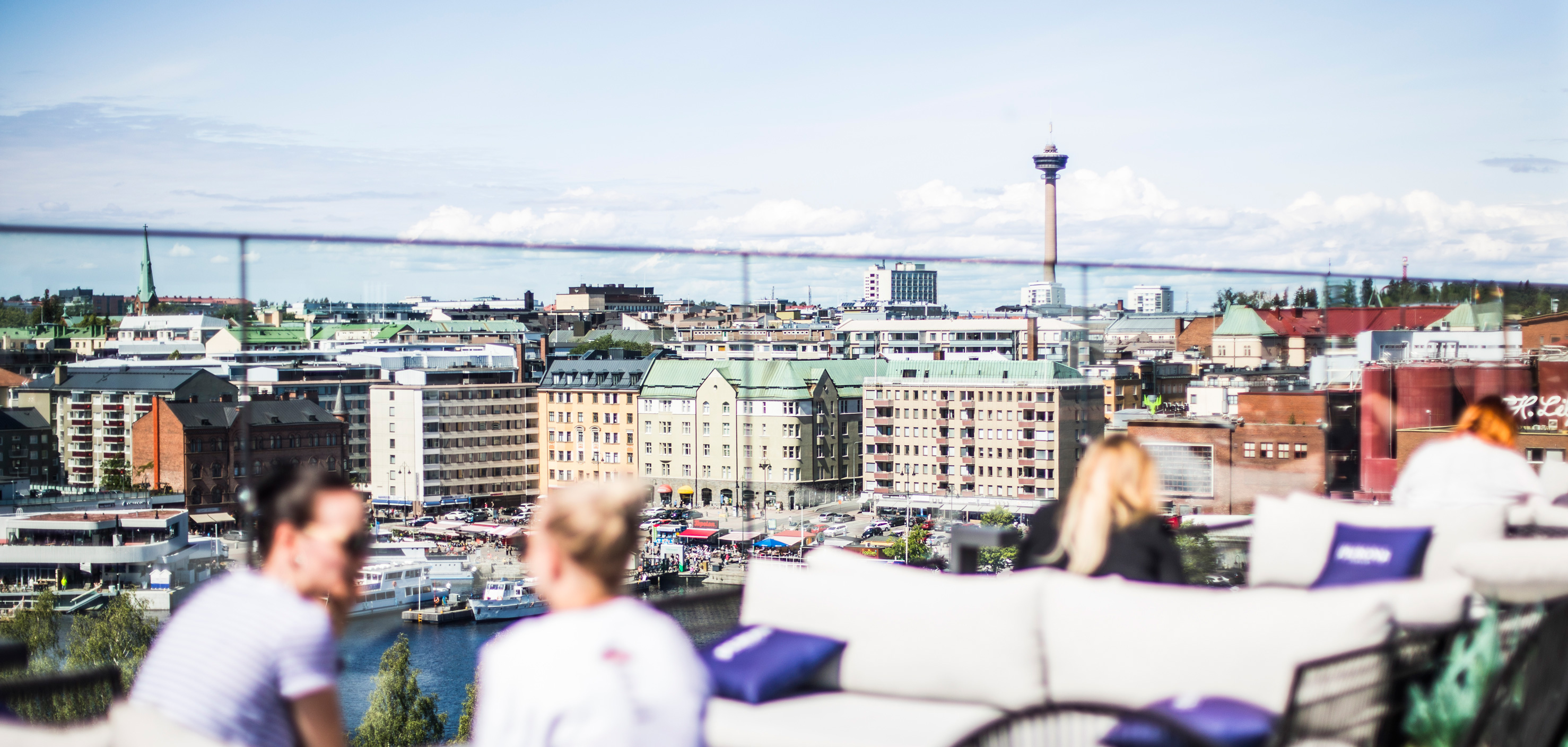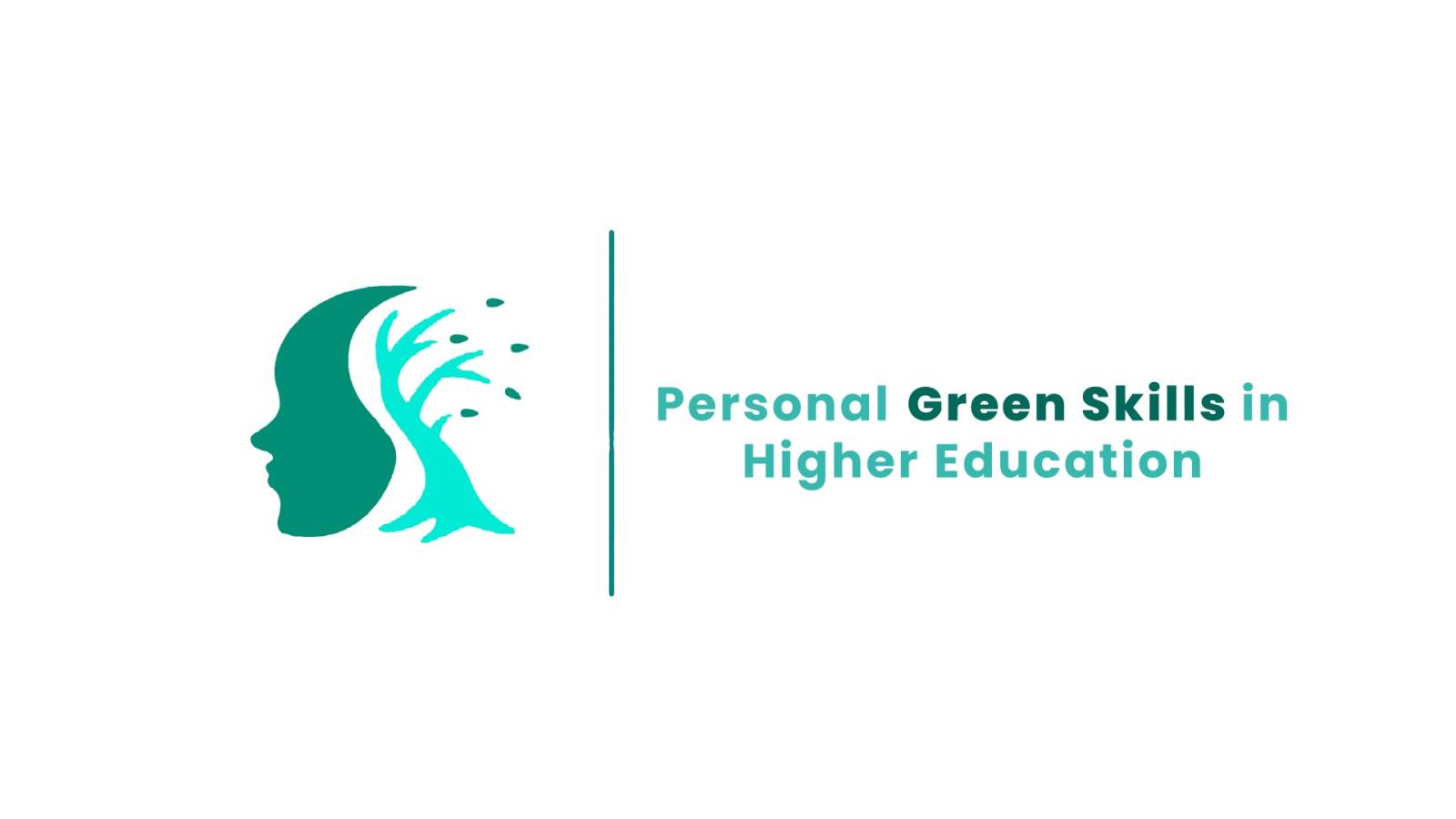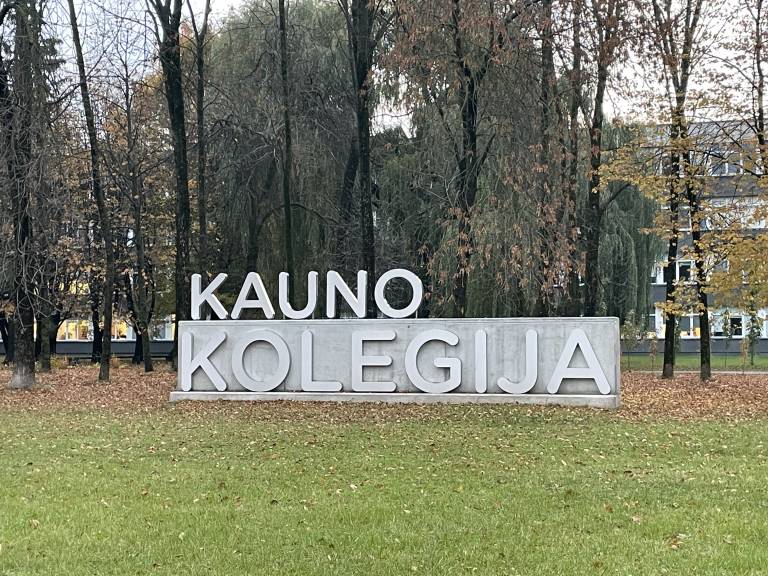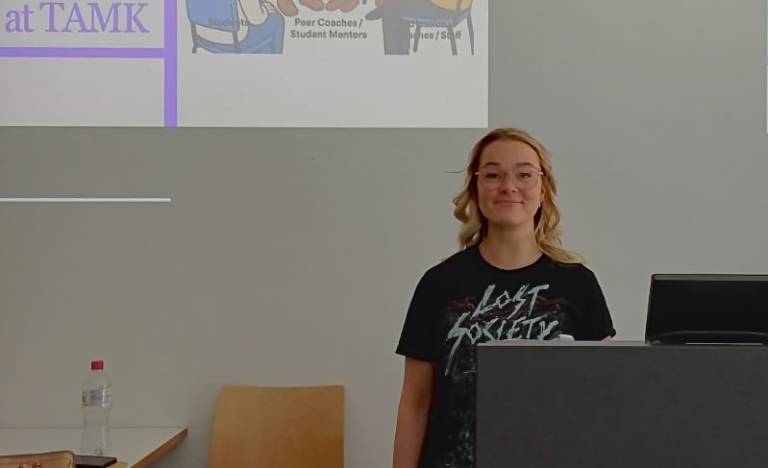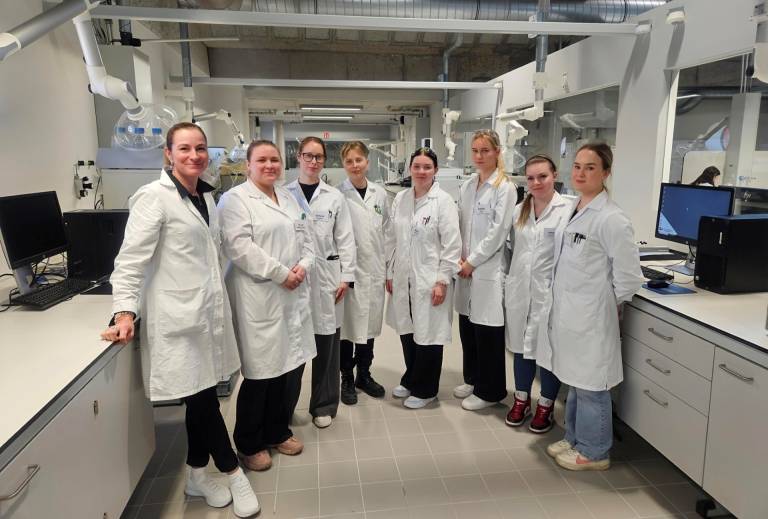The overall purpose of the Personal Green Skills in Higher Education project is to develop students’ green skills and each project partner from Finland, Lithuania, Spain, Austria, and Germany sent their students to learn more about sustainability to Scwheinfurt Germany 19.5.-23.5.2025. This blended intensive program (BIP) course during that time was designed for students who are motivated to learn, explore new perspectives, and engage with sustainability challenges. The program was organised by Technical University of Applied Sciences Würzburg-Schweinfurt (THWS).
The main perspectives to focus in the Personal green skills in higher education are agency, future thinking and hope. Based on specially for agency, I introduced entrepreneurship as a one way to influence and create a better future in my workshop during the week.
Goal for my workshop was to identify participants entrepreneurial skills and understand that entrepreneurship is one way to make a difference, one way to impact. My workshop included discussion of sustainable entrepreneurship and entrepreneurial competencies. With sustainability I hoped that the participants could alwayas remember the three aspects when thinking about entrepreneurship and business – business should have a positive impact on the planet, not only minimizing the harms, business should create also positive impact to people around it and should be profitable in the long term. The participants had the chance to discuss what they thought sustainable entrepreneurship is, and also discuss about the entrepreneurial competencies.
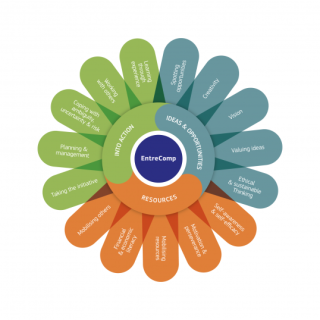
Entrepreneurship Competence Framework (EntreComp) offers a framwork to understand and improve entrepreneurial competencies and capacity for individuals and teams. The framework define three competence areas which include fifteen competencies. (European comission 2016). The participants discussed about the competencies in pairs, and tried to recognize which competencies are their strenghts and what competencies they should develope. Point of this exercise was also to understand what kind of competencies they need when they are working towards sustainability.
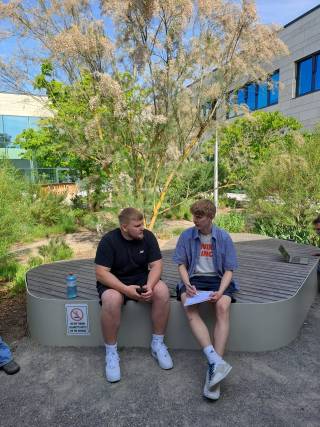
With Personal green skills in higher education project and the blended intensive program offered a chance to use sustainability education, which is not a specific form of pedagogy, but selected methods and learning environments. One way to to use sustainability pedagogy is move from a teacher-centered approach to a learner-centered approach or from individual-centered learning to team learning, and all this happened during the BIP in THWS.
Like Finnish national agency for education (2021) states, education should provide learning opportunities that challenge students’ thinking and that support student agency. Education is one clear way of enabling positive changes in the world, for example through sustainability education. The possibility of a sustainable and inclusive future will only be realised if different actors actively promote this.
For my workshop I also invited one of our TAMK student, Leila Ali from Proakatemia, to tell her story and project, where was possible to see strong sustainable angles. This was also one pedagogical choice to highlight the skills, experience and knowledge of a student.
If I think about the week through entrepreneurial competencies, it particularly emphasized Ethical and sustainable thinking, Selfawareness and selfefficacy, Working with others and Learning through experience. I see the entrepreneurial competencies always a way to reflect what I or we have done, and what kind of competencies were seen. I think entrepreneurial competencies could be seen as a life skills, not only competencies you have if you want to be or if you are an entrepreneur.
The blended intensive program (BIP) was part of Erasmus+ KA2 project, Personal Green Skills in higher education. Partners of the project are Kauno Kollegija (KK), Lithuania, Tampere University of Applied Sciences (TAMK), Finland, University College for Agricultural and Environmental Education (HAUP), Austria, Universidad de Malaga (UMA), Spain and Technical University of Applied Sciences Würzburg-Schweinfurt (THWS), Germany.
Sources:
European comission, 2016. EntreComp: The Entrepreneurship Competence Framework.
https://publications.jrc.ec.europa.eu/repository/handle/JRC101581
European comission, 2016. Competence areas and learning progress.
Opetushallitus, 2012. Transformatiivinen koulutus.
https://www.oph.fi/fi/tilastot-ja-julkaisut/julkaisut/transformatiivinen-koulutus
Written by: Sanna Tahlo

